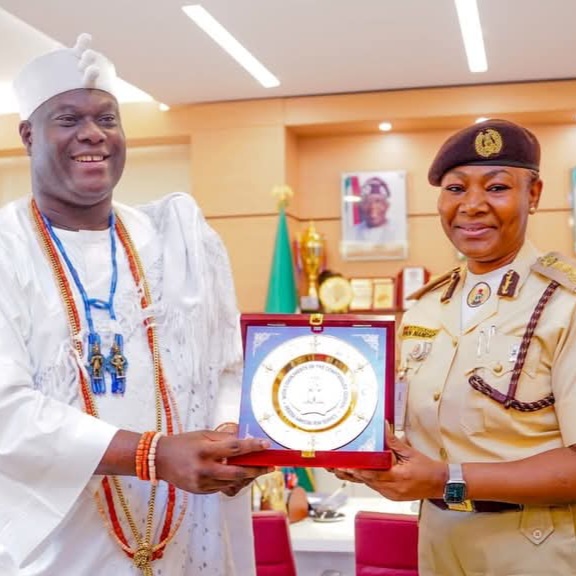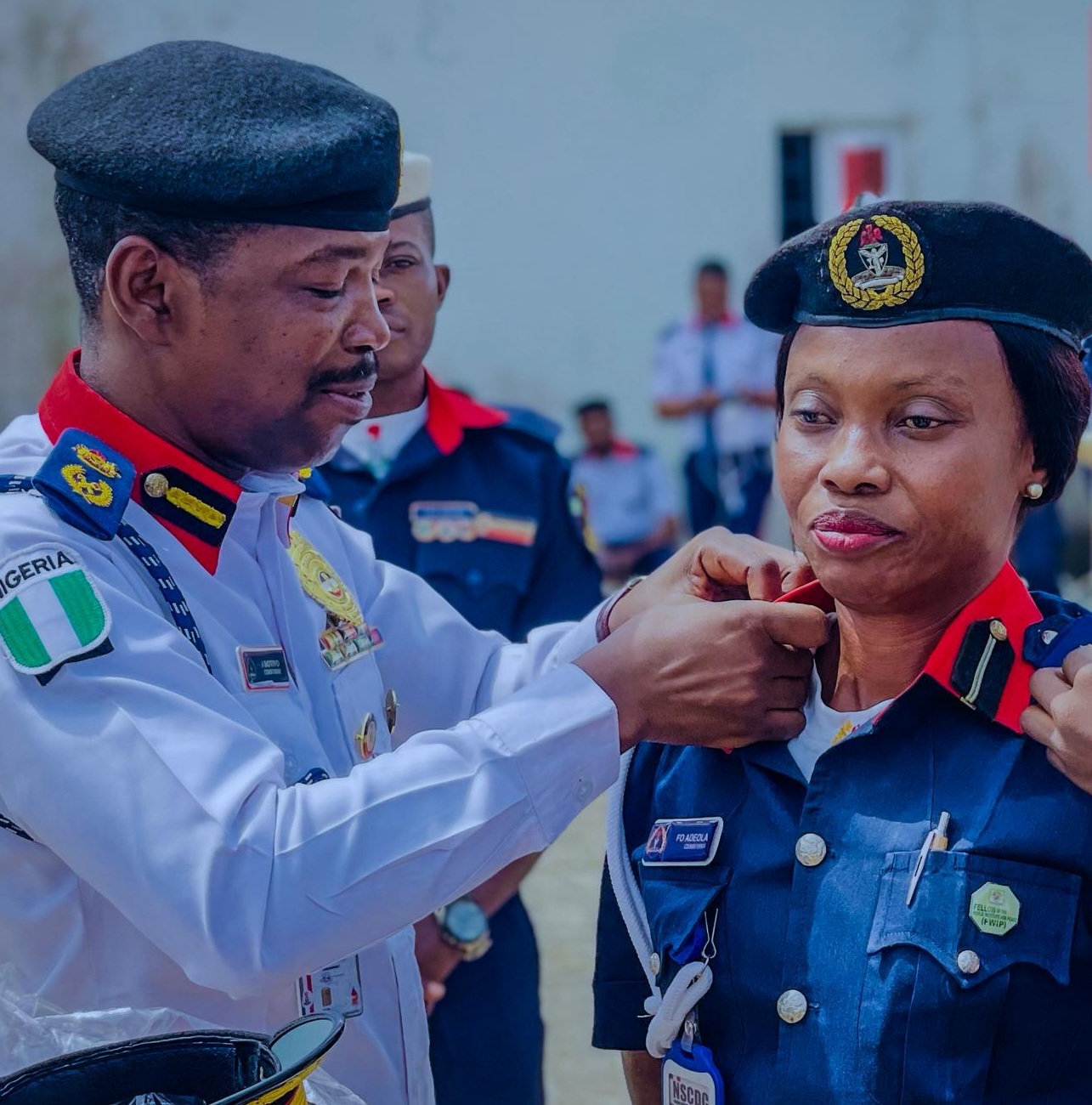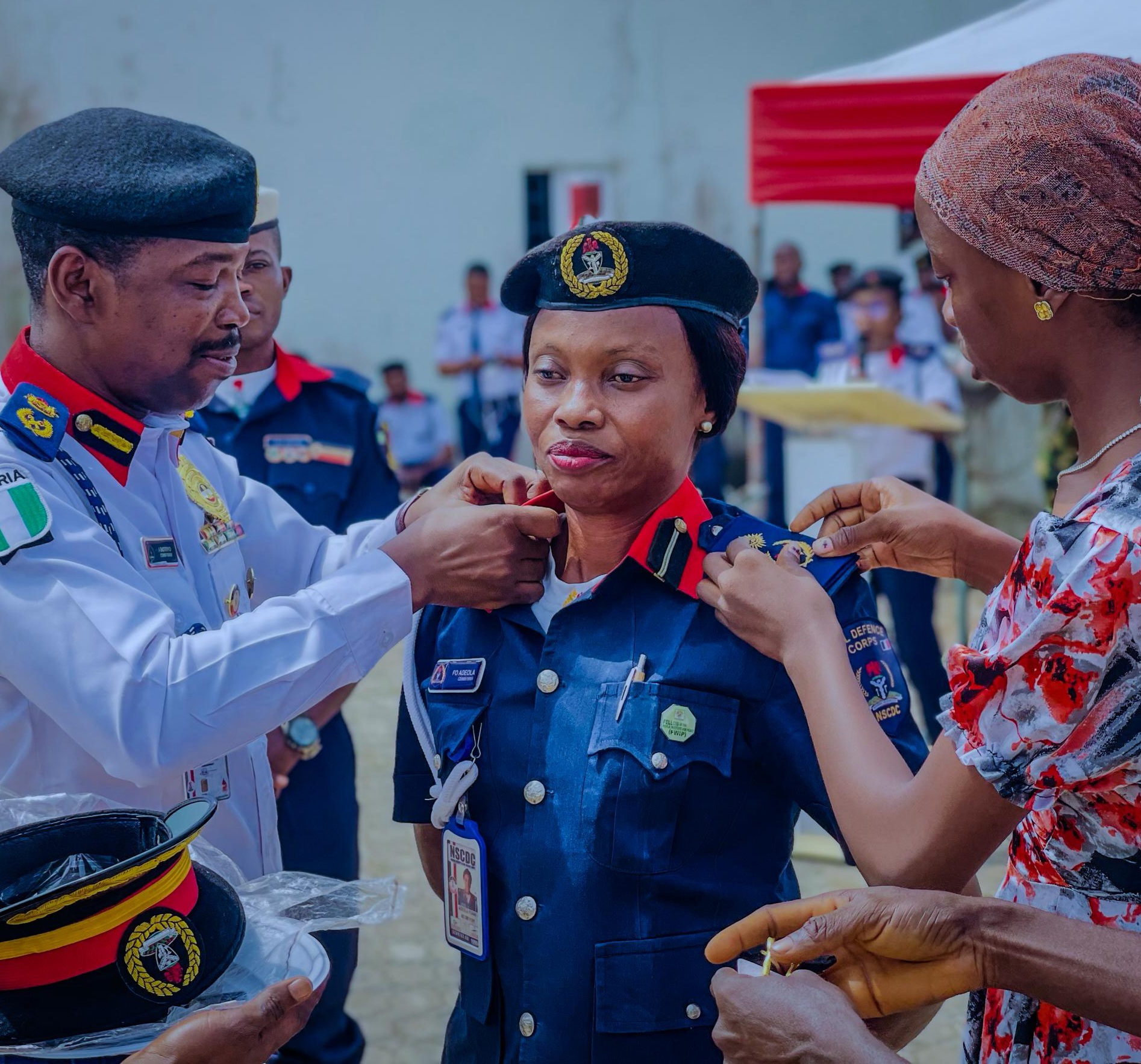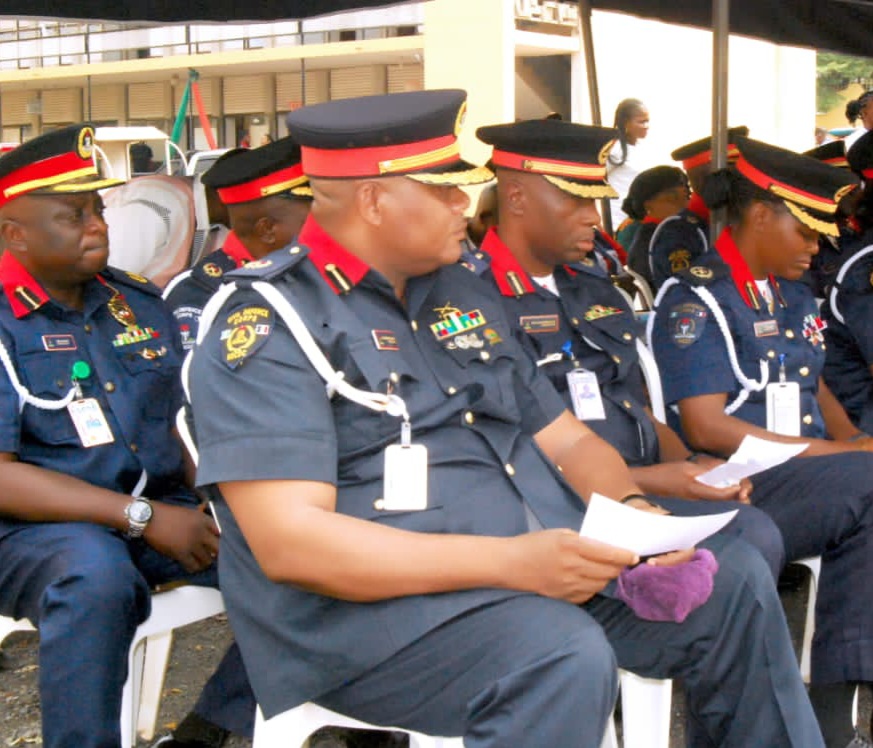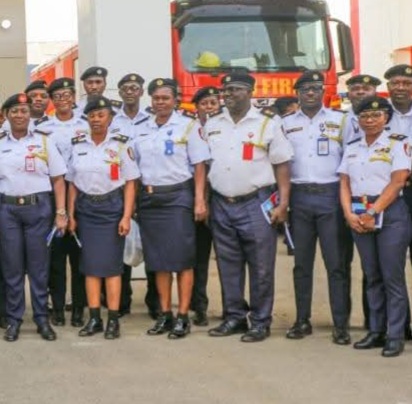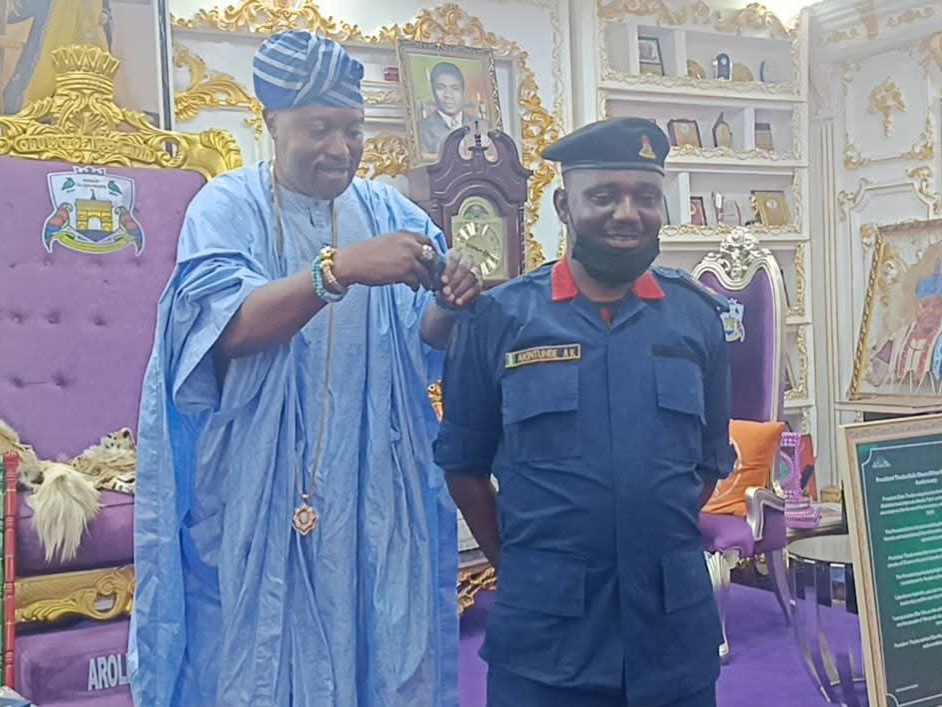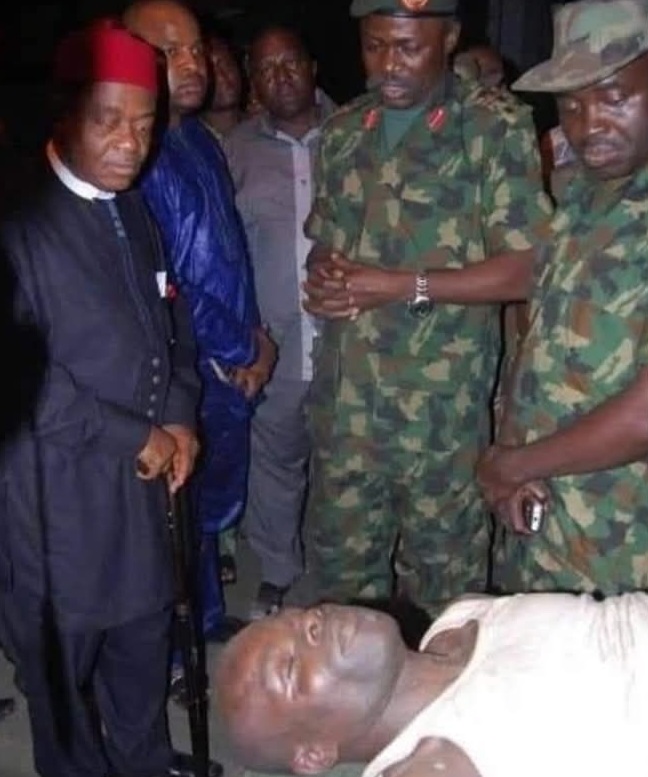
Between 2007 and 2010, Aba, the commercial heartbeat of Abia State, became a city of fear. Businesses shut down, families fled, and those who remained lived in constant terror. The name on everyone’s lips was Osisikankwu—a man whose very mention sent shivers down the spine.
Osisikankwu, born Obiọma Nwankwo, was not just a criminal; he was a nightmare. From Aba to Obigbo (Oyigbo) in Rivers State, he and his gang of over 3,000 men turned kidnapping into a full-scale industry. His targets were the rich, the powerful, expatriates, government officials, and sometimes, ordinary people who just happened to be in the wrong place at the wrong time.
Aba Became a Ghost Town
For those who lived in Aba during this period, it was like a war zone. Fear ruled the city. People abandoned their homes, choosing to sleep in churches rather than risk being kidnapped in their own beds. Entire neighborhoods were deserted—Ariaria Junction, Umuozuo, Obehi, Ala Oji, St. Mary Catholic Church area,uratta, etc—people packed their bags and ran.
Kidnappings became a daily occurrence. One of the most heart-wrenching stories was that of Chijioke (Igodo), a well-known businessman in Ariaria. When Osisikankwu’s men came for his older brother Tochukwu (Igodo), who had just returned from the hospital after surgery, Chijioke made a painful choice—he volunteered to go in his place. His family eventually secured his release, but many others were not as lucky.
A City Under Siege: No One Was Safe
Osisikankwu’s terror was not limited to Aba. His gang kidnapped three British nationals and a Colombian engineer from Shell’s Afam VI Power Plant in Rivers State. Ransoms were paid, and they were released, but the fear lingered.
In 2010 alone, he kidnapped two Germans, three Chinese nationals, and nine Nigerian workers at the Nigerian Steel Company. He also abducted Mrs. Victoria Ori, the wife of a wealthy Ohafia businessman, and three journalists traveling through Aba after a Nigerian Union of Journalists meeting. A ransom of ₦30 million was paid before they were freed.
Then came the worst attack yet—August 24, 2010. Osisikankwu’s gang, led by a thug called “Okwute” Stone, raided five banks in the Osisioma area of Aba. Every police officer and security guard on duty was killed.
Religious leaders weren’t spared either. His men kidnapped a senior pastor, murdered an Indian businessman, and in the most heartbreaking case, abducted and killed Dr. Stanley Uche, a well-respected gynecologist and hospital owner.
But the most shocking event came on September 27, 2010—the kidnapping of 15 schoolchildren from Abayi International School in Aba. That was when the entire country took notice.
Osisikankwu Speaks: A Justification for Violence?
At the height of his terror, Osisikankwu gave an unintentional interview to a journalist. He claimed that his actions were fueled by the marginalization of Ngwaland, the largest ethnic group in Abia State. He said Ukwa-Ngwa had been abandoned, and his violence was a way of drawing attention to their suffering. He even claimed he would surrender if the government was willing to rehabilitate him.
But by then, it was too late. The world had already seen his true nature.
The End of Osisikankwu: Death in the Evil Forest
The kidnapping of schoolchildren was the final straw. President Goodluck Jonathan ordered the Joint Military Task Force (JTF) to hunt him down. After weeks of intense manhunts, soldiers tracked him to the Ugwuati Evil Forest, his deadly hideout.
The battle was fierce, but when the dust settled, Osisikankwu was dead. His gang scattered. His girlfriend, Ogochi, was arrested, and a massive cache of weapons was seized.
Aba Could Finally Breathe Again
When news broke that Osisikankwu had been killed, Aba erupted in celebration. Businesses reopened, families returned, and life slowly went back to normal. The fear that had gripped the city for years began to fade.
But for those who lived through those dark days, the scars remain. The memories of loved ones lost, businesses destroyed, and lives shattered will never be forgotten.
Were You in Aba During Osisikankwu’s Reign? Share Your Story
If you lived in Aba during this time, you probably have your own story to tell. Did you or someone you know experience the terror firsthand? Share your story in the comments. Let’s keep history alive and ensure that no one ever forgets what Aba went through.

